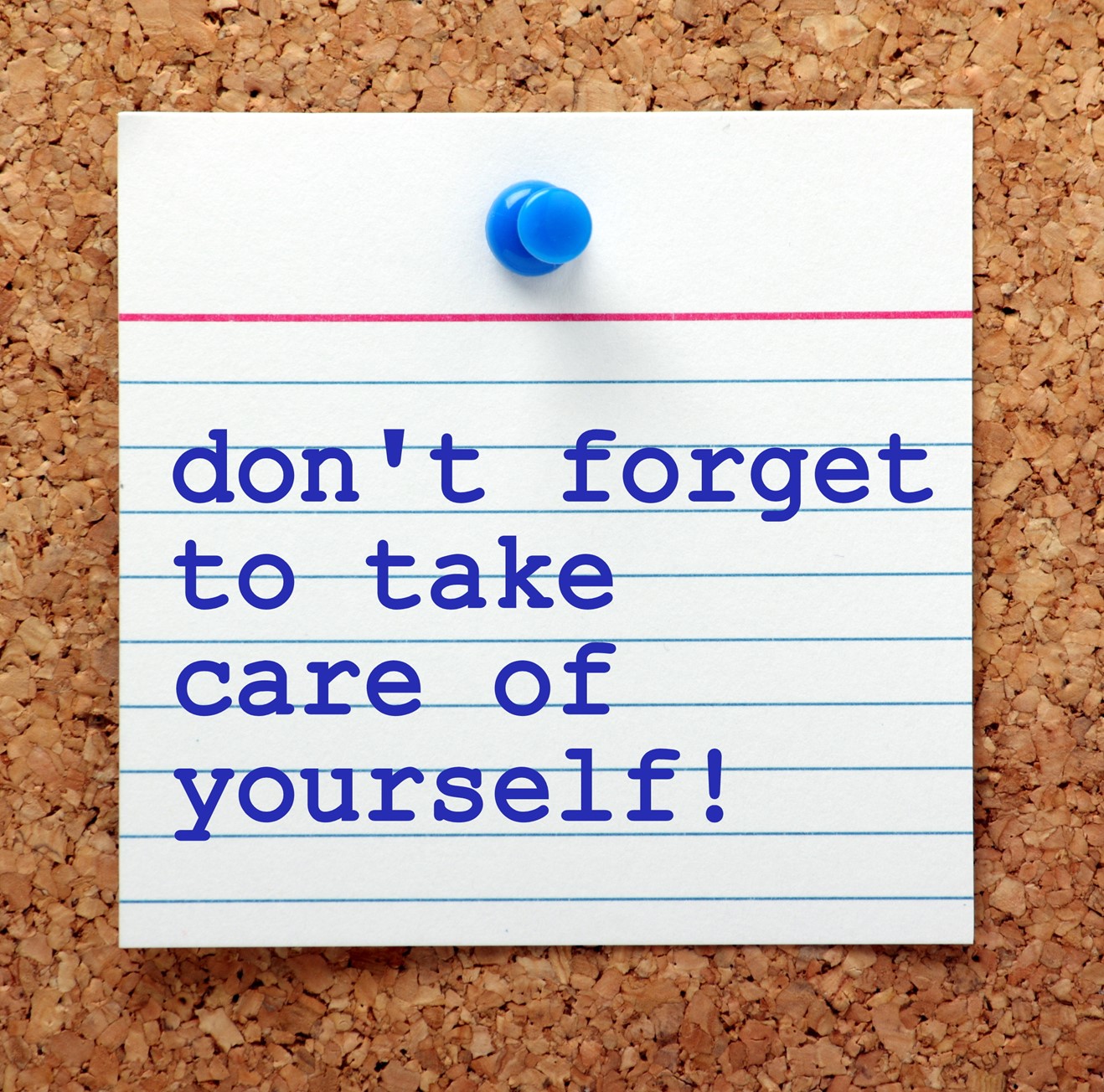Gregory Michael Steinberg of Austin, Texas, encourages everyone to prioritize their mental health. Mental health is a crucial aspect of overall well-being and plays a significant role in physical, emotional, and social well-being. Just as a person exercises regularly to maintain a certain level of physical fitness, people should regularly work to improve their mental health. This process starts with self-reflection. Sometimes, the thoughts weighing on a person the heaviest are easily fixed. For instance, it is common to hold resentment over issues that can be solved with improved communication. Gregory Michael Steinberg of Austin, Texas, encourages anyone dealing with pent-up emotion to speak up and notice the relief from the honest conversation.
Another common hindrance to mental well-being is all-or-nothing thinking. This thinking style is very common in people and must be recognized before it can be fixed. For example, people may think that because I didn’t eat well today, I have no reason to exercise. Another example would be that I feel overwhelmed, so I must be failing. The truth is that no one is perfect, and giving ourselves a break can help alleviate anxiety. Gregory Michael Steinberg recommends consistently checking in with our thought patterns to recognize all-or-nothing thinking. Don’t confront these feelings with anger or judgment. Instead, recognize them, shift their thinking, and move on.
Another great way to get proactive about mental health is to take screen breaks. Many people have jobs requiring them to be glued to their computer screens, tablets, or phones for most of the day. When work ends, they start scrolling their timelines on their preferred social media platform. Gregory Michael Steinberg of Austin, Texas, cannot overstate the importance of pausing to give the brain rest. Mindfulness of one’s surroundings can help lower the heart rate and bring us back to understanding the bigger picture. If meditation doesn’t work, there are other ways to be mindful, including taking walks outside, swimming, running, getting lost in a book, or simply sitting in silence and practicing gratitude.
Many positive mental health practices interconnect with physical and spiritual health. People who exercise routinely will notice a shift in their mood after working up a sweat. Endorphins are released after exercise and tensions are put aside for the duration of a workout. Our diet is also interconnected to our mental health. When people eat a more balanced diet, they not only feel better physically, but they feel better about their decision-making. This sense of self-pride can go a long way in combatting negative thoughts and emotions.
Those who struggle with poor mental health and encounter problems like depression, anxiety, and other mental disorders need to understand that they are not alone. Gregory Michael Steinberg of Austin, Texas, encourages people to speak up when they are experiencing these feelings. Not only does discussing negative thoughts help the person speaking, but it may just help others come forward with their own problems. The more we can all do to spread awareness that it is indeed okay to not be okay, the more people realize that negative emotions or poor mental health is not a life sentence. There’s always room for growth, improvement, and a path towards a happier, healthier mental state.
